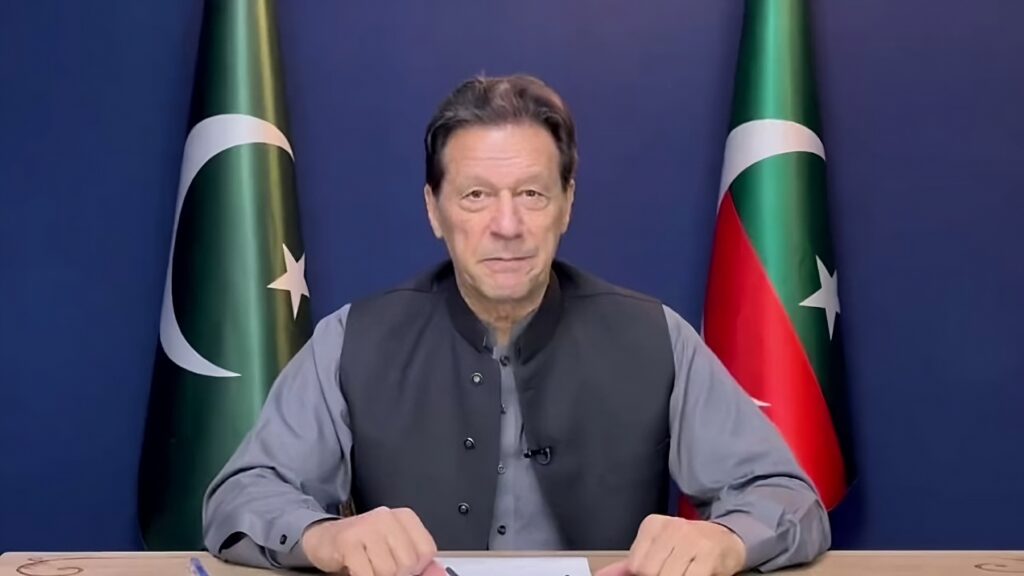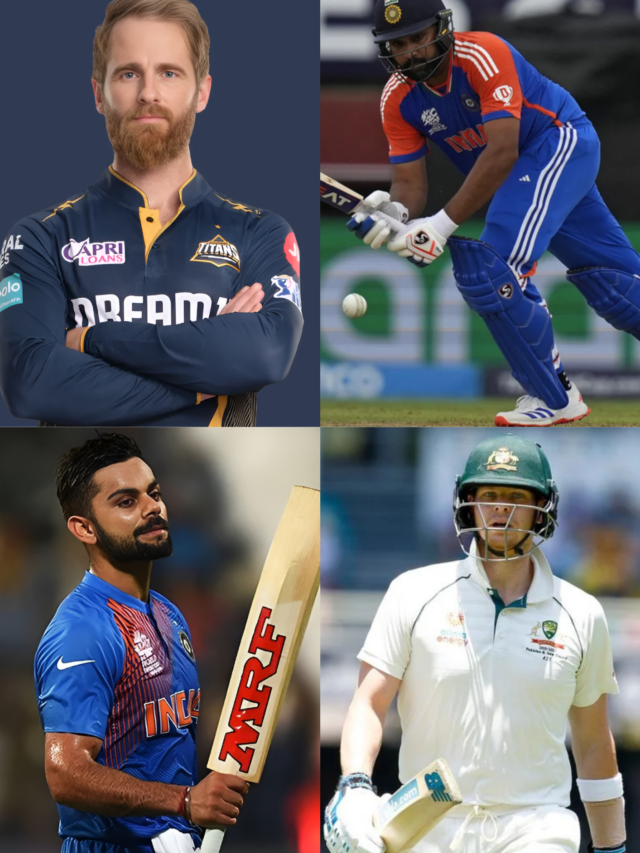Imran Khan is a name that resonates deeply with millions of people around the world. Known for his iconic cricket career, which led Pakistan to its first and only World Cup victory in 1992, Khan has also made a significant mark in the world of politics. His life story is one of transformation, from a celebrated athlete to the Prime Minister of Pakistan, shaping the nation’s future and leaving an indelible legacy. In this article, we will delve into the multifaceted life of Imran Khan, examining his rise in cricket, his entry into politics, and the impact he has made on Pakistan and the world.

Imran Khan’s Early Life and Cricket Career
Imran Ahmed Khan Niazi was born on October 5, 1952, in Lahore, Pakistan, into an affluent family. From a young age, Khan showed an affinity for sports, particularly cricket, a passion that would eventually define his life. He attended Aitchison College in Lahore, and later the Royal Grammar School in Worcester, England, where he honed his cricketing skills. Khan went on to study at the prestigious Keble College, Oxford, where he earned a degree in Philosophy, Politics, and Economics (PPE).
Khan’s cricketing career began in earnest in 1971, when he made his debut for Pakistan’s national team. Over the next two decades, Khan would rise to prominence as one of the world’s most respected cricketers. Known for his leadership skills, he captained the Pakistan national cricket team to victory in the 1992 Cricket World Cup, a feat that remains the pinnacle of Pakistan’s cricket history. Under his captaincy, Pakistan not only won the World Cup but also earned the admiration of cricket fans worldwide for their spirited and resilient performance.
Khan’s playing style as an all-rounder was exceptional. He was known for his fast bowling, aggressive batting, and his ability to maintain composure under pressure. His career spanned over two decades, and during that time, he became one of the greatest cricketers the world has seen. Khan’s leadership on the field was unparalleled, and his World Cup win in 1992 is still celebrated as one of the most remarkable achievements in the sport’s history.
Transition from Cricket to Politics
After retiring from cricket in the early 1990s, Imran Khan turned his focus toward philanthropy and politics. In 1994, he founded the Shaukat Khanum Memorial Cancer Hospital & Research Centre in Lahore, named after his mother, who passed away due to cancer. The hospital became a symbol of his commitment to the betterment of Pakistan, providing free cancer treatment to the underprivileged. His charitable work earned him a great deal of respect and admiration, particularly for his unwavering determination to improve healthcare in Pakistan.
Khan’s political career, however, was not as smooth. He founded his political party, the Pakistan Tehreek-e-Insaf (PTI), in 1996 with the promise of eradicating corruption, fostering justice, and creating a new political culture in Pakistan. Initially, PTI struggled to gain significant traction, facing an uphill battle against entrenched political forces. For many years, Imran Khan’s political efforts were viewed with skepticism by critics who doubted his ability to transition from sports hero to political leader.
However, Khan’s resilience and determination proved to be key factors in his eventual success. His message of change, combined with his clean image, began to resonate with Pakistan’s younger generation, who were increasingly disillusioned with the traditional political elite. His party grew in popularity, and his ability to mobilize large crowds demonstrated the political potential he had as a leader.
Imran Khan as Prime Minister
After years of campaigning, Imran Khan and PTI made a breakthrough in the 2018 general elections. Despite significant challenges, including allegations of military backing and an intensely competitive political environment, PTI emerged as the largest party in Pakistan’s National Assembly. On August 18, 2018, Imran Khan was sworn in as the 22nd Prime Minister of Pakistan, fulfilling a long-held ambition to bring about political change in his country.
As Prime Minister, Khan’s government focused on several key issues, including tackling corruption, improving the country’s economic standing, and reforming Pakistan’s social and health sectors. Khan’s administration faced several challenges, including an economic crisis, rising inflation, and political opposition from rival parties. However, his leadership style was marked by an unwavering commitment to his goals. Khan also worked to improve Pakistan’s relations with its neighbors, including India, and sought to strengthen ties with China and the United States.
Khan’s tenure as Prime Minister was characterized by his continued efforts to create a more just and equitable society. He introduced various welfare programs, including Ehsaas—a social safety net for Pakistan’s most vulnerable populations. His government also took steps to improve education, healthcare, and infrastructure, while striving to reduce the country’s dependency on foreign aid.
Despite facing criticism from opposition parties, economic difficulties, and challenges in fulfilling many of his ambitious promises, Khan remained steadfast in his commitment to reform. His leadership was both praised for its vision and criticized for its perceived inability to tackle certain issues swiftly. Nevertheless, Imran Khan’s role as Prime Minister solidified his status as a transformational figure in Pakistan’s political landscape.
Imran Khan’s Personal Life and Legacy
Beyond his public career, Imran Khan’s personal life has also been a topic of much attention. He was married three times, with his most notable marriage being to British socialite Jemima Goldsmith, followed by his marriage to television anchor Reham Khan, and later to his current wife, Bushra Bibi. His personal life, especially his relationships and political ambitions, has often been scrutinized by both the media and his critics.
As of today, Imran Khan remains a polarizing figure in Pakistan. To his supporters, he is a visionary leader dedicated to the country’s progress and prosperity. To his detractors, he is seen as a leader struggling with governance challenges and contradictions in his policies. Regardless of the varying opinions, Imran Khan’s legacy—both as a cricketer and a politician—remains undeniable.
Khan’s journey from cricket legend to Prime Minister of Pakistan is a testament to his determination, resilience, and unwavering belief in his mission for a better Pakistan. Whether on the cricket field or in the political arena, Imran Khan has always been driven by a passion for his country and a desire to leave a lasting impact.
Conclusion
In conclusion, Imran Khan is more than just a cricket icon or a political leader—he is a symbol of perseverance and change. His journey from sports stardom to the highest office in Pakistan is a remarkable story of transformation and dedication. Whether as a cricket captain leading Pakistan to victory or as Prime Minister striving to implement social and economic reforms, Khan has made an enduring impact. His legacy, both in the world of sports and politics, will continue to shape Pakistan’s future for years to come. Imran Khan’s influence on his country and the world cannot be overstated, as he continues to inspire future generations to dream big and pursue their goals with passion and conviction.

























